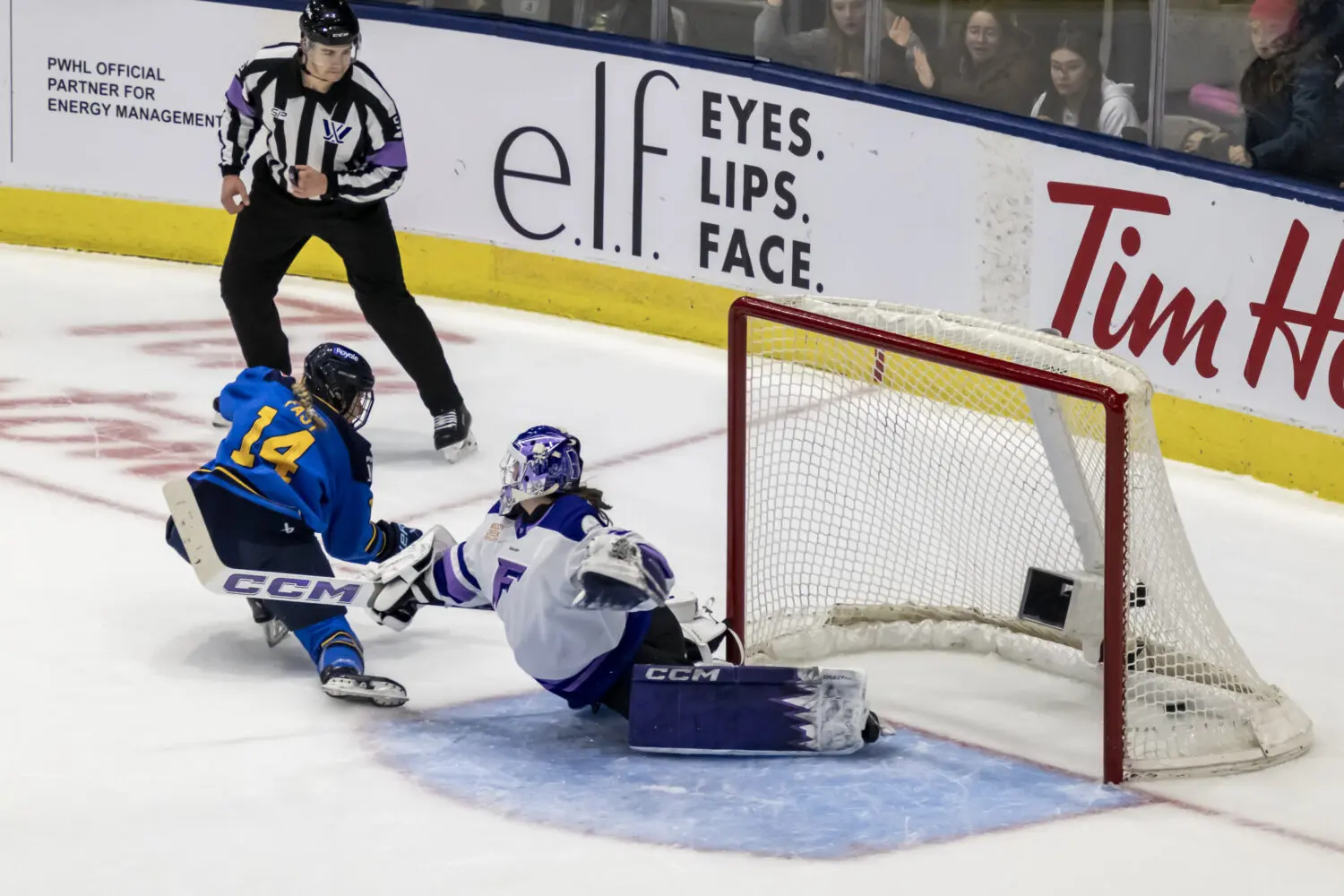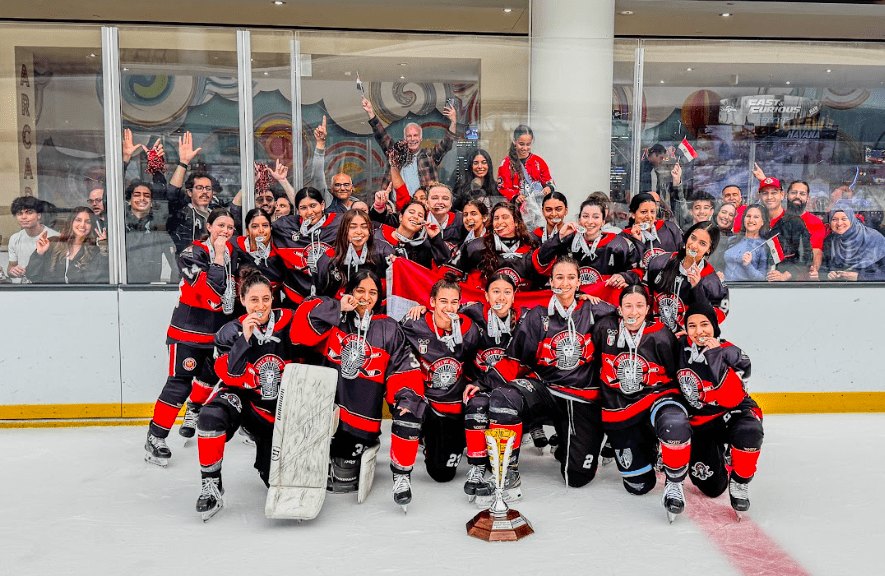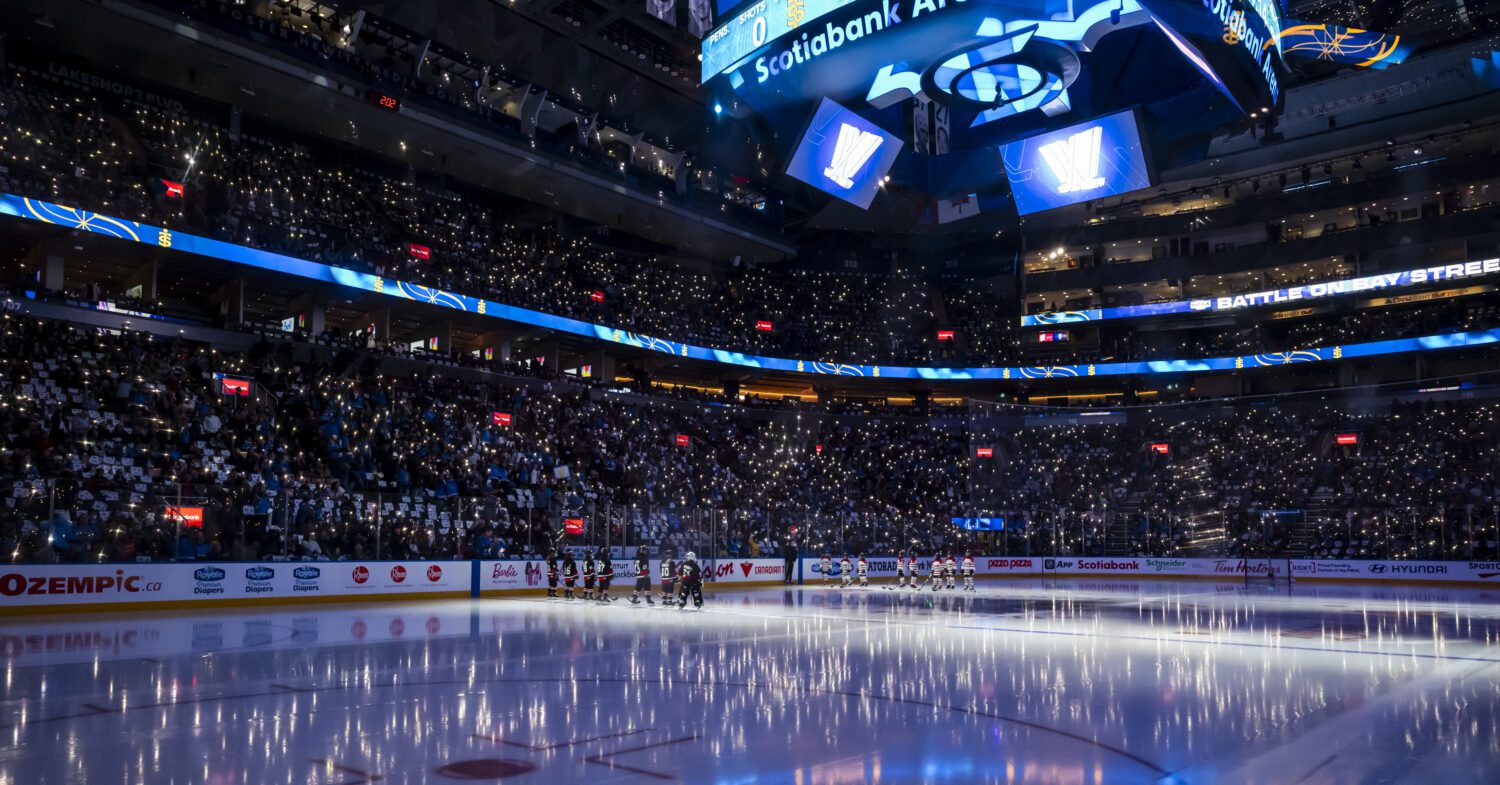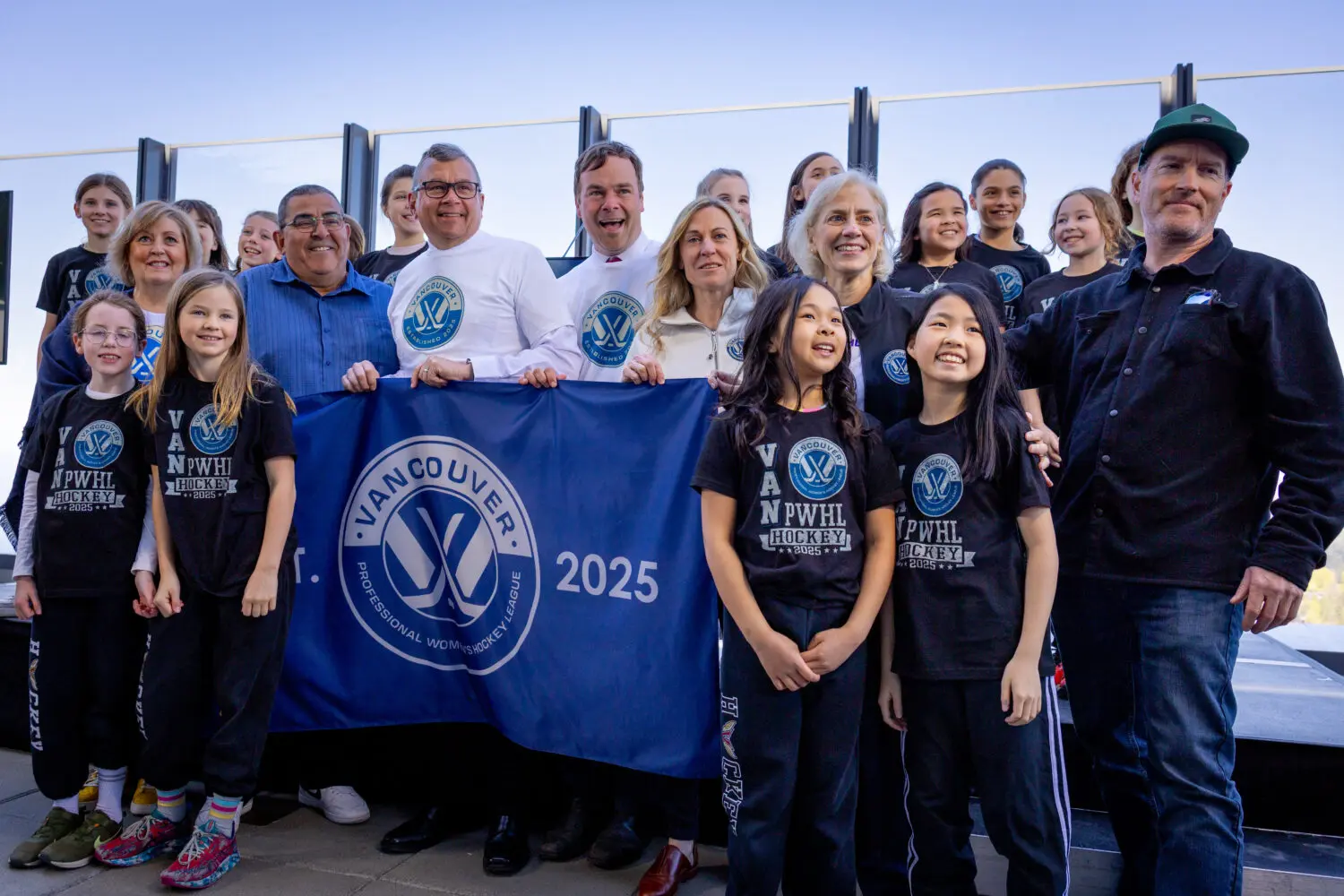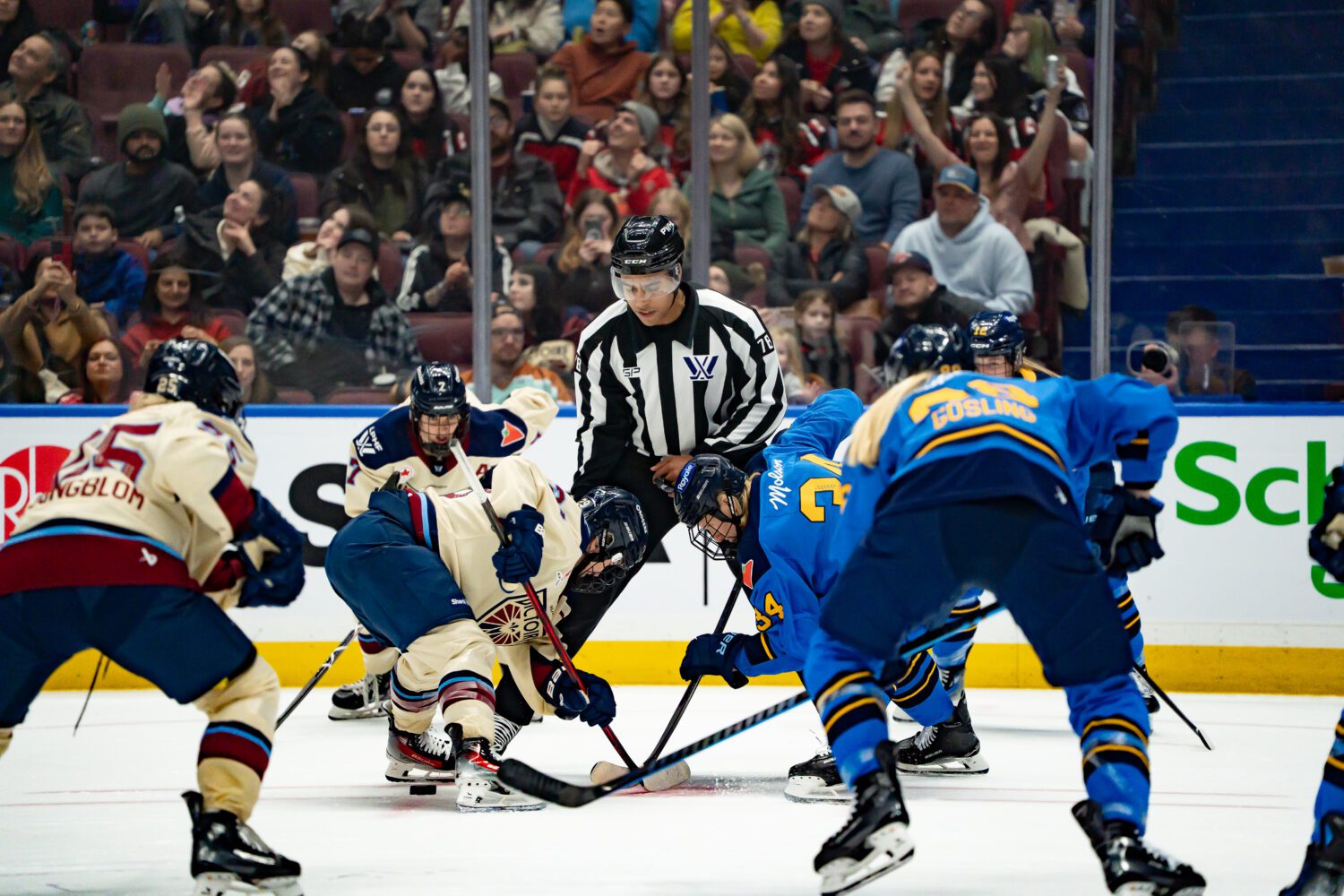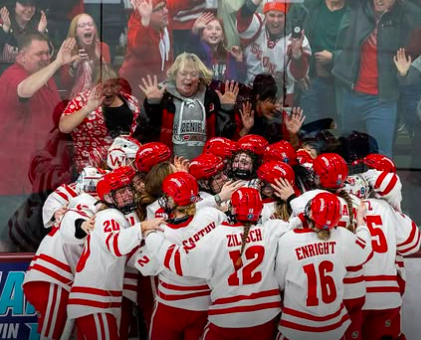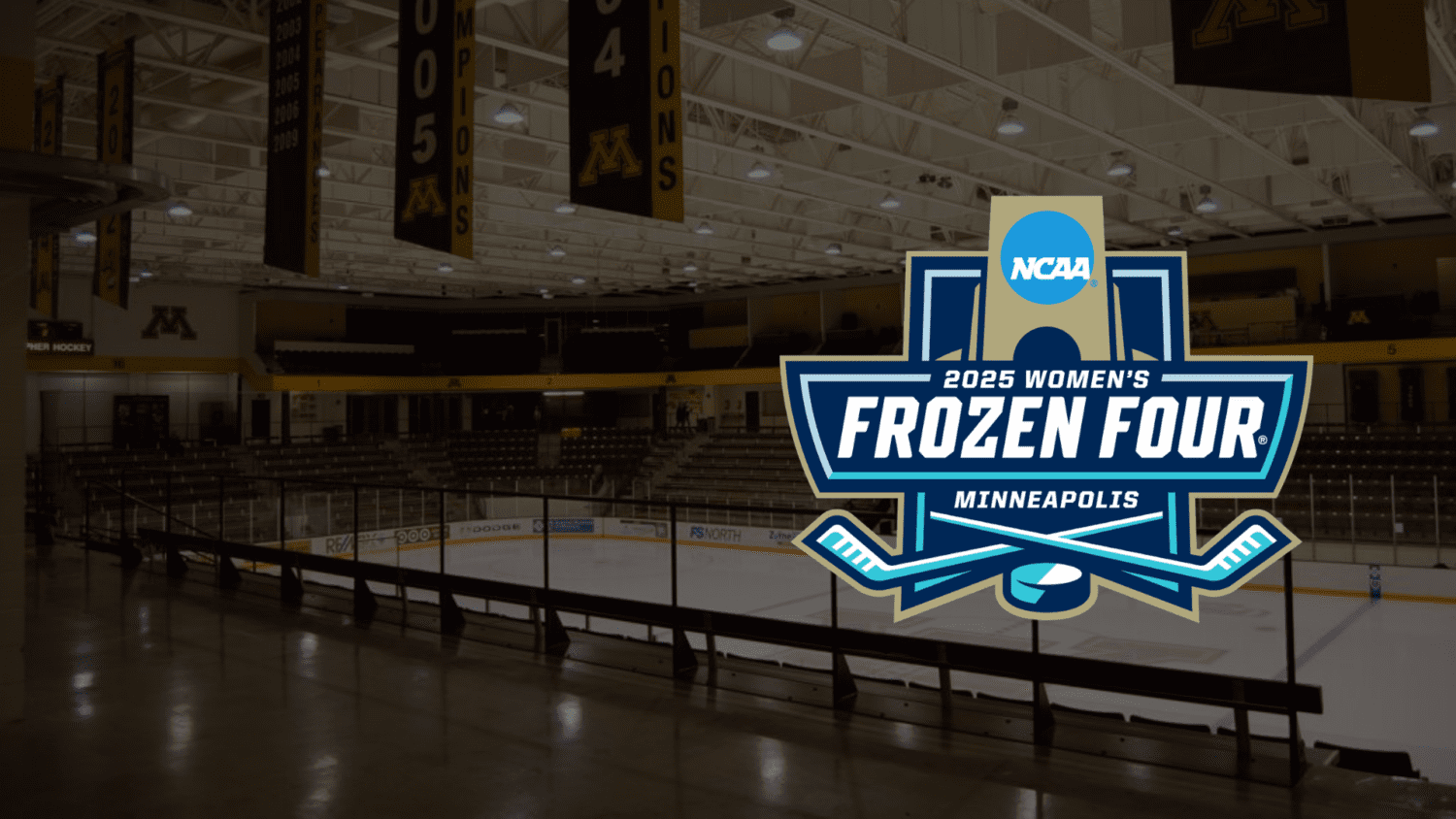Being a part of the hockey community makes many feel included, valued, and safe, but for some, being a part of the hockey community is not a safe and welcome place. Racism goes far beyond the rink, but if we can begin to eliminate racism in dressing rooms, on the ice, and in the hockey community, we can make hockey a safe and inclusive space for all.
We’re asking you to do better with us.
This goes beyond telling people in the hockey community who have experienced racism to “Keep your head up” and to “Prove them wrong by showing them your talent”. BIPOC (Black, Indigenous and People of Colour) players DO NOT have to prove anything, they do not have to keep their head up in the face of racism, they do not have to “rise above”—they need to be treated like human beings. They need to be treated like hockey players, coaches, fans and parents. They need to stop experiencing racism—on and off the ice.
It’s up to all of us to make sure this happens.
WHAT YOU CAN DO TO END RACISM AT THE RINK
COMMIT TO DOING THE WORK
- Practice. Just as you have to practice to be better on the ice, you must practice anti-racism in your life. Do the work to educate yourself, continue listening and learning, challenge your thoughts, beliefs, and actions.
- Take the time to self-reflect and understand what your thoughts are (or have been in the past), what have you ignored around the rink or in life, what beliefs do you have that may be untrue? It will take work, but doing this self-reflection can help you unlearn and relearn.
SPEAK UP
- Racism is happening all around us. If you see it or hear it on the ice, in the dressing room, from parents, etc., speak up, call people out, make it uncomfortable—your silence is adding to racism.
- Read WNBA’s Natasha Cloud of the Washington Mystics article, “Your Silence is a Knee on my Neck”
- Use your social platforms, your voice in the dressing room, your voice within organizations, etc. to facilitate conversations, call out racist actions, and express your allyship in the active fight against racism. Don’t be afraid to call out racism when you see/hear it from your teammates, friends, family or others. You do not have to make it your mission to end racism all over the world, but you can make a difference in your circle, on your team, and at the rink. It is not enough to ignore it and tell yourself you aren’t contributing: make being anti-racist a part of who you are.
- Write scripts or have things to say ready in your mind for when racist actions take place so you can be prepared. Even if your voice shakes, speaking up is what matters.
LISTEN, LEARN, AND EDUCATE
- There are many resources available (see below) that discuss racism in hockey. Listening and learning from Black women in hockey who are not only willing to share their experiences, but also share ways to combat against racism will help any member of the hockey community understand how deep racism truly is within the sport.
- It’s important that we each do our part to listen to these women, educate ourselves (often times this means unlearning what we know and relearning a more inclusive and anti-racist way of thinking). It’s important that we, especially those of us who are white, educate ourselves and work to educate those around us.
Players
- Listen to your BIPOC teammates, learn from them, and work on actively being a better teammate and ally.
- Be a leader for your team by speaking up when racism is present in any form, helping to educate your other teammates, sharing resources, and not tolerating racism.
- Talk to your BIPOC teammates about their experiences, make room for the conversations and truly listen to their stories.
Parents
- Talk to your children about racism.
- Teach children to embrace diversity within the hockey world.
- Teach your children to use their voices and stand up to racism.
- Teach your children that all human beings and hockey players deserve respect.
- Lead by example
Coaches
Create and facilitate a team culture of inclusion, diversity, and respect. Lead by example:
- Call out racism from players, parents, etc. and make it clear that it will not be tolerated.
- Educate your team by having the hard conversations and sharing resources with them.
- Be a safe place for players to come to you with questions, experiences, etc.
Associations
- Hire a diverse staff
- Create guidelines, educational resources, etc.
- Have a zero tolerance policy for racism in your organization.
- Host educational workshops or trainings for your staff, teams, and parents.
SUPPORT ORGANIZATIONS CREATING CHANGE
- Donate to your local Black Lives Matter organizations
- Donate to BIPOC hockey organizations like
- Sign the #GetUncomfortable pledge from Black Girl Hockey Club
Black women are tired. We don't want to carry the burden of racism on our own any longer. In life, in sport, in our neighborhoods and in our country. #GetUncomfortable and sign the pledge. https://t.co/Y4BVXigjcU
— Black Girl Hockey Club (@BlackGirlHockey) September 23, 2020
- Buy from Black owned-businesses
RESOURCES & PEOPLE TO FOLLOW
- Black Girl Hockey Club
- Erica L. Ayala – Sportswriter & YouTube channel
- Dr. Courtney Szto
- HOCKEYGIRLZ_
- Saroya Tinker – NWHL Defender for Metropolitan Riveters
- Blake Bolden – PWHPA player & Scout for NHL’s L.A. Kings
EDUCATIONAL CONTENT
- Black Girl Hockey Club + Saroya Tinker
- She’s4Sports – Diversity in Leadership webinar
- Erica L. Ayala – YouTube channel
- Hockey Allies by Jashvina Shah – https://hockeyallies.wordpress.com/
PLAYER STORIES
- Saroya Tinker – WHL People
- Kryshanda Green – WHL People
- Sarah Nurse – Adidas #ReadyForChange
- Erica L. Ayala with Blake Bolden
- Kristen Richards – PWHPA Returning to play with purpose
Please keep in mind this is a non-exhaustive list of actions, resources, and people creating change at the rink and beyond. While we encourage you to use these as a starting point, continue doing the work to listen, learn, and take action.
Share your #DiversityAtTheRink story: Submit here
[adrotate group=”1″]
Related Articles
Categories
Recent Posts
[adrotate group=”2″]

